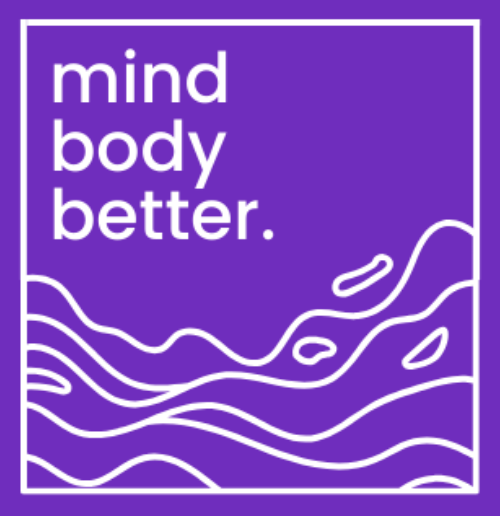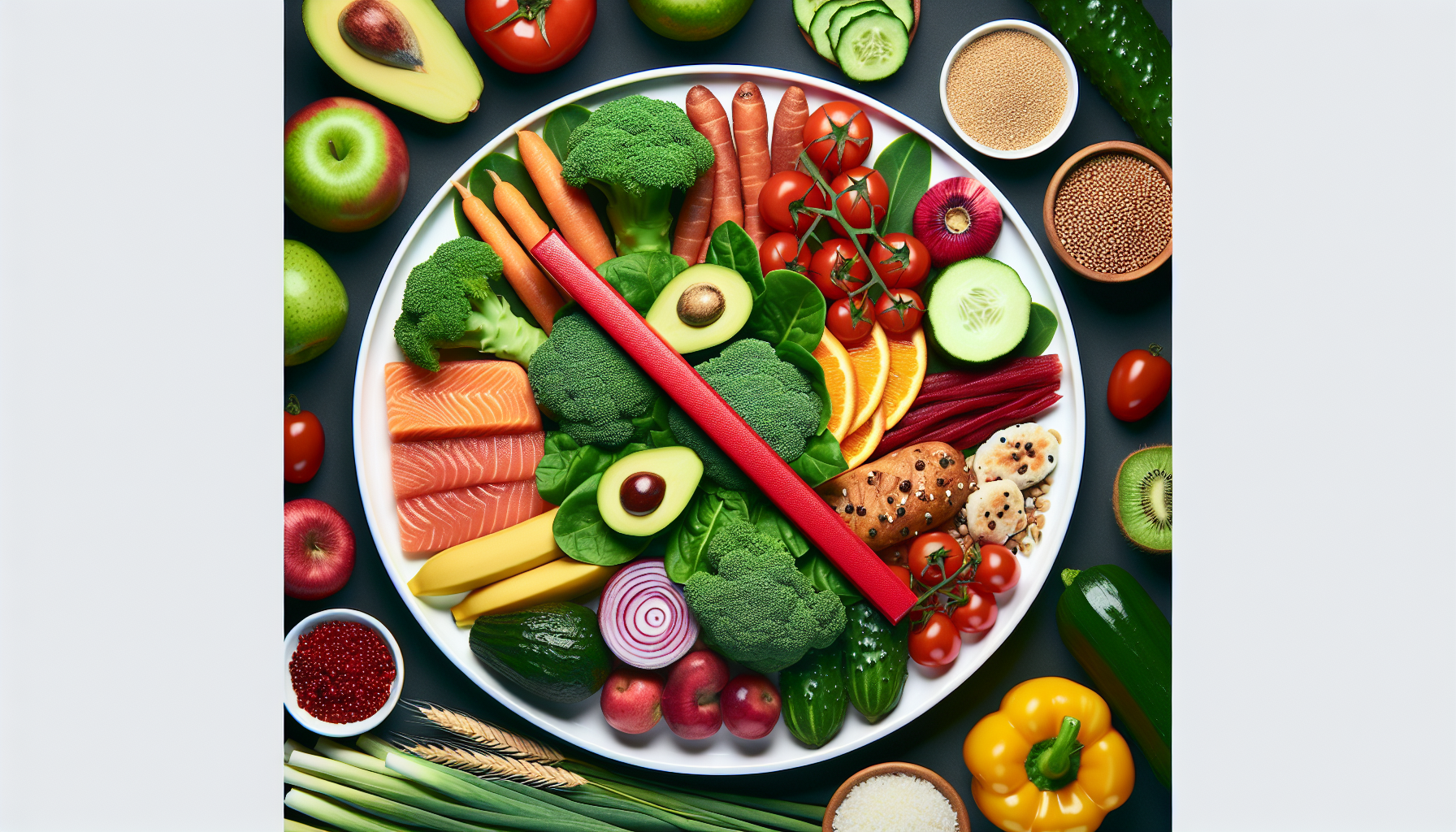In today’s health-obsessed world, it’s easy to be bombarded with conflicting information about what we should and shouldn’t eat. From fad diets to trendy superfoods, it can be difficult to separate fact from fiction. That’s why we’re here to debunk some of the most common diet myths and shed light on the truth behind them. So sit back, relax, and get ready to have your misconceptions dispelled as we explore the real facts about what it takes to maintain a healthy diet.
Debunking Diet Myths: Exploring the Truth Behind Common Misconceptions
H2 Heading 1
H3 Subheading 1
The world of diets can often be confusing and overwhelming, with numerous myths and misconceptions floating around. One common misconception is that skipping meals will help you lose weight faster. However, the truth is that skipping meals can actually slow down your metabolism and lead to overeating later on. It’s important to fuel your body with regular, nutrient-rich meals to maintain a healthy metabolism and provide your body with the energy it needs.
H3 Subheading 2
Another diet myth that often circulates is the idea that all fats are bad for you. This couldn’t be further from the truth. While it is true that consuming excessive amounts of unhealthy fats can be detrimental to your health and lead to weight gain, there are healthy fats that are essential for a balanced diet. Healthy fats, such as those found in avocados, nuts, and olive oil, can actually promote heart health and provide essential nutrients for your body.
H2 Heading 2
H3 Subheading 1
One of the most common misconceptions surrounding diets is the idea that carbohydrates are the enemy when it comes to weight loss. Many people believe that cutting out carbs completely is the key to shedding pounds. However, carbohydrates are a vital source of energy for your body and cutting them out entirely can have negative effects on your overall health. The truth is that not all carbs are created equal, and it’s important to choose complex carbohydrates, such as whole grains and vegetables, over processed and refined options.
H3 Subheading 2
Another diet myth that often leads to confusion is the belief that all calories are the same. While it’s true that calories play a role in weight management, the quality of the calories you consume is equally important. Eating 100 calories of sugary snacks will affect your body differently than consuming 100 calories of nutrient-dense fruits or vegetables. It’s important to focus on the nutritional value of the foods you eat rather than solely counting calories.
H2 Heading 3
H3 Subheading 1
One prevalent diet myth that needs debunking is the notion that eating after a certain time will automatically lead to weight gain. The reality is that weight gain or loss is determined by the overall calories consumed and burned throughout the day, rather than the timing of your meals. It’s perfectly acceptable to have a light snack or a balanced meal during the evening if it fits within your daily caloric needs. The key is to listen to your body’s hunger and fullness cues and maintain a balanced diet overall.
H3 Subheading 2
A misconception that often discourages individuals from following a diet plan is the belief that it requires strict deprivation and eliminating all indulgences. However, it’s important to remember that a healthy diet includes balance and moderation. Allowing yourself to enjoy your favorite treats in moderation can actually help you stay on track and maintain a healthy relationship with food. Depriving yourself of indulgences may lead to feelings of restriction and ultimately result in overeating or bingeing.
H2 Heading 4
H3 Subheading 1
One of the most pervasive diet myths that needs debunking is the notion that detox diets or juice cleanses are effective methods for weight loss or detoxifying the body. The truth is that our bodies are equipped with their own natural detoxification system composed of organs like the liver and kidneys. Consuming a variety of nutrient-rich foods, staying hydrated, and following a balanced diet is the most effective way to support your body’s natural detoxification process.
H3 Subheading 2
Another misconception worth addressing is the idea that supplements or weight-loss products can magically solve all your problems and help you achieve your desired physique. While supplements can be beneficial in certain cases, they should never replace a balanced diet and regular exercise. It’s important to prioritize whole, nutritious foods and consult with a healthcare professional before starting any new supplement regimen.
H2 Heading 5
H3 Subheading 1
One common myth that often creates confusion is the idea that all protein sources are created equal. While protein is an essential macronutrient for our bodies, the source of protein can make a significant difference in our overall health. Plant-based protein sources, such as beans, lentils, and quinoa, provide additional benefits like fiber and essential micronutrients. Mixing protein sources from both animal and plant-based options can help ensure a well-rounded and balanced diet.
H3 Subheading 2
Another misleading belief is that a gluten-free diet is inherently healthier for everyone. While a gluten-free diet is necessary for individuals with specific medical conditions, such as celiac disease or gluten sensitivity, there is no evidence to support that it is healthier for the general population. In fact, many gluten-free products may be highly processed and lacking in essential nutrients. It’s important to focus on consuming a variety of whole, unprocessed foods rather than solely following trendy dietary restrictions.
H2 Heading 6
H3 Subheading 1
One diet myth that continues to persist is the fallacy that eating small, frequent meals throughout the day will boost your metabolism. However, research has shown that the number of meals you eat throughout the day does not have a significant impact on your metabolism. What truly matters is the total calorie intake and the nutrient density of the meals you consume. It’s important to focus on overall portion sizes and choose nutrient-dense foods to support a healthy metabolism.
H3 Subheading 2
A prevalent misconception is that sugar-free or diet soda is a healthier alternative to regular soda. While these beverages may contain fewer calories or sugar, they often contain artificial sweeteners or other additives that can have negative effects on your health when consumed in excess. It’s important to prioritize hydrating with water or other natural, low-calorie beverages rather than relying on diet sodas as a regular part of your diet.
H2 Heading 7
H3 Subheading 1
One diet myth that needs clarification is the belief that cutting out entire food groups, such as carbohydrates or fats, is necessary for weight loss. The truth is that a balanced diet that includes all essential macronutrients is essential for overall health. Each food group provides various nutrients and benefits that are crucial for your body’s functioning. Instead of eliminating entire food groups, focusing on portion control and making healthier choices within each food group can lead to sustainable weight loss and better overall health.
H3 Subheading 2
Another common misconception is the idea that all organic foods are healthier and more nutritious than conventionally grown foods. While organic foods are produced without certain synthetic pesticides or fertilizers, there is limited evidence to support that they are inherently more nutritious. The most important aspect of a healthy diet is consuming a variety of whole foods, regardless of whether they are organic or conventionally grown.
H2 Heading 8
H3 Subheading 1
One diet myth that often leads to disappointments is the notion that a specific diet or weight-loss plan will work for everyone. The truth is that each person’s body is unique, and what works for one individual might not work for another. It’s important to find a sustainable approach to healthy eating that suits your individual preferences, lifestyle, and goals. Consulting with a registered dietitian can help you create a personalized plan that meets your nutritional needs and supports your overall well-being.
H3 Subheading 2
Another common misconception is the belief that losing weight quickly is always better. While rapid weight loss may seem appealing, it’s often not sustainable in the long run. Slow and steady weight loss, at a rate of 1-2 pounds per week, is generally recommended for maintaining muscle mass, supporting long-term weight management, and promoting overall health. It’s important to focus on overall lifestyle changes rather than quick fixes for sustainable and lasting results.
H2 Heading 9
H3 Subheading 1
One prevailing myth that needs clarification is the belief that eating late at night will automatically lead to weight gain. While it’s true that snacking mindlessly late at night can contribute to excess calorie intake, the timing of your meals alone is not a direct cause of weight gain. What matters is the overall energy balance throughout the day. By focusing on portion control and choosing nutritious options, you can enjoy a snack or light meal in the evening without negatively impacting your weight.
H3 Subheading 2
A common misconception is the belief that exercise alone is enough to achieve significant weight loss. While regular physical activity is essential for overall health, weight loss is primarily influenced by the balance between calories consumed and calories burned. Combining a balanced diet with regular exercise is the most effective approach for sustainable and healthy weight loss. It’s important to find physical activities that you enjoy and make them a regular part of your lifestyle.
H2 Heading 10
H3 Subheading 1
One of the most prevailing diet myths is the belief that there is a “miracle” food or drink that will magically burn fat and help you lose weight effortlessly. The truth is that no single food or drink can have such dramatic effects on its own. Weight loss requires a comprehensive approach that includes a balanced diet, regular physical activity, and lifestyle modifications. Incorporating a variety of nutrient-dense foods into your diet and creating a calorie deficit through overall lifestyle changes is the key to achieving sustainable weight loss.
H3 Subheading 2
Another common misconception is the idea that all diets labeled as “detox” or “cleanses” are effective for cleansing the body of toxins. The truth is that our bodies are naturally equipped with detoxification systems that work efficiently when provided with a balanced diet and adequate hydration. Following extreme detox diets or cleanses can often lead to nutrient deficiencies and may have adverse effects on your health. It’s best to focus on long-term lifestyle changes that support your body’s natural detoxification processes rather than relying on short-term and potentially harmful trends.
In conclusion, debunking diet myths is crucial to help individuals make informed and sustainable choices when it comes to their health and well-being. By understanding the truth behind common misconceptions, you can navigate the world of diets with confidence and develop a healthy relationship with food. Remember to prioritize balance, moderation, and individualized approaches to achieve long-lasting results.

